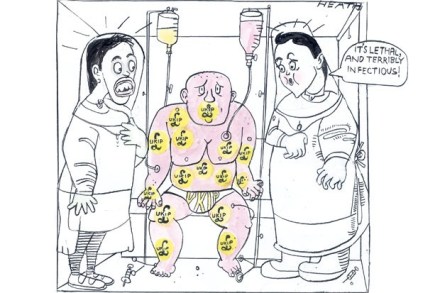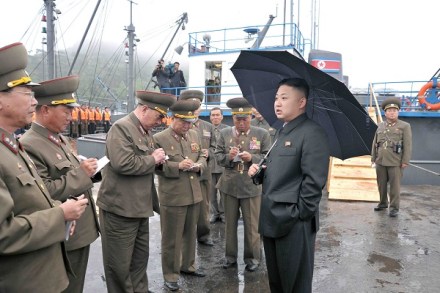Reading one book from every country in the world sounds like fun – until you come to North Korea
One day in 2011, while perusing her bookshelves, Ann Morgan realised her reading habits were (to her surprise) somewhat parochial. No worse than most English-language readers’, perhaps, but still with dramatic, unnecessary bias towards the Anglophone, with only Freud and a single battered Madame Bovary representing the other 90-odd per cent of the global population. Morgan prescribed herself a corrective, embarking on a 12-month course of reading one book from each country of the world. (Which is how many, exactly? We’ll come to that…) The experience was recorded on her blog, ayearofreading-theworld.com, and is now synthesised into this brilliant, unlikely book. Reading the World isn’t a narrative account of Morgan’s


















